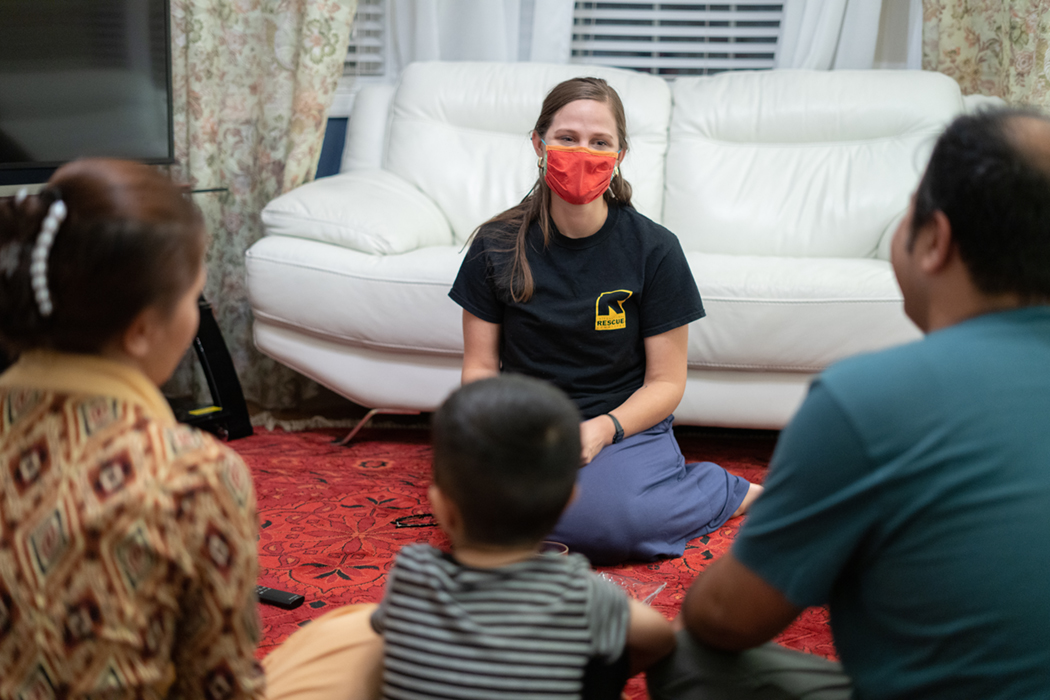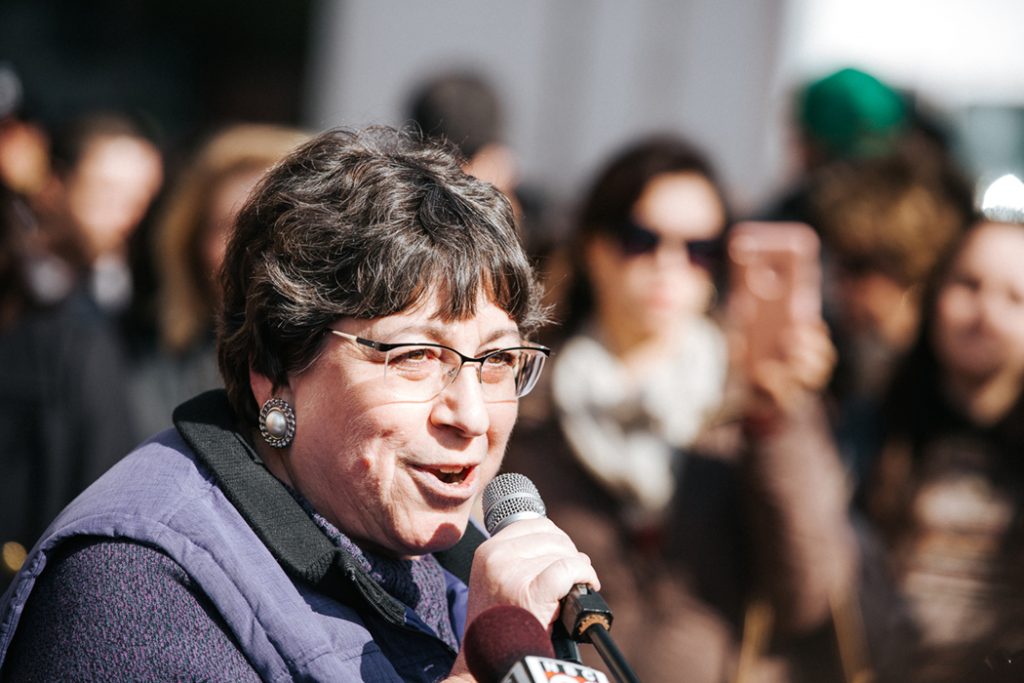By Kristin O’Donoghue
The Albemarle County Board of Supervisors met Monday morning with area House of Delegates Representatives Rob Bell, Chris Runion, Matt Fariss, and Sally Hudson, and state Senator Bryce Reeves, to discuss legislative priorities for the upcoming year.
The board asked the legislators to pursue legislation that would enable the county to levy civil rather than criminal penalties for violations of local ordinances, expand the county’s authority to use photo speed monitoring devices, and require agricultural buildings used by the public to be subject to minimum safety standards.
By amending Virginia law to institute a schedule of civil penalties, localities would be empowered to decriminalize numerous activities.
“As a former prosecutor, defense counselor, and criminal trial judge during my time in the Navy, I have long been troubled by overcriminalization of minor misconduct,” said Supervisor Donna Price.
Most representatives present expressed a desire to meet with the police department to discuss their perspective on the proposal.
The second proposal calls for an expansion of the use of speed cameras, specifically to target secondary roads with speed limits above 35 mph where speeding has been identified as a problem.
Hudson wanted to ensure that the cameras would be placed equitably, and not target certain neighborhoods. Supervisor Ned Gallaway said the camera locations would be determined by safety concerns and reports from the police. Like the proposal regarding civil penalties, proponents of the measure say it would free up law enforcement officers to do other critical police work.
The third proposal would beef up safety standards for agricultural buildings used by the public, which requires changing the legal definition of “farm building or structure” and adding a new designation for “public use agricultural buildings.”
“This is about people and safety,” said Supervisor Diantha McKeel.
The delegates also shared their priorities for the session.
Reeves wants to focus on combating illegal gambling, which he says is taking place across the commonwealth under the guise of “charitable gaming,” in addition to restoring funding to state police.
Bell hopes to address crowding in state hospitals, and wants to extend a policy instituted during COVID that assists those with special needs by allowing the parent to be the paid provider for the person in need of services.
Runion wants to pass the Virginia Tuition Aid Assistance Grant for private education, work on digitizing historical records, and respond to the over-capacity problem observed in local and regional jails.
With the virus still mutating, Hudson said she believes that the commonwealth should focus on providing support to people who have offered essential services during the pandemic.
She said the rising cost of living in Virginia was a recurring theme on the campaign trail, and that she’ll be working on the consumer protection front to lower the cost of energy and prescription drugs, and to protect patients from medical debt.
“These are things we can do to make it easier to make ends meet,” she said.


